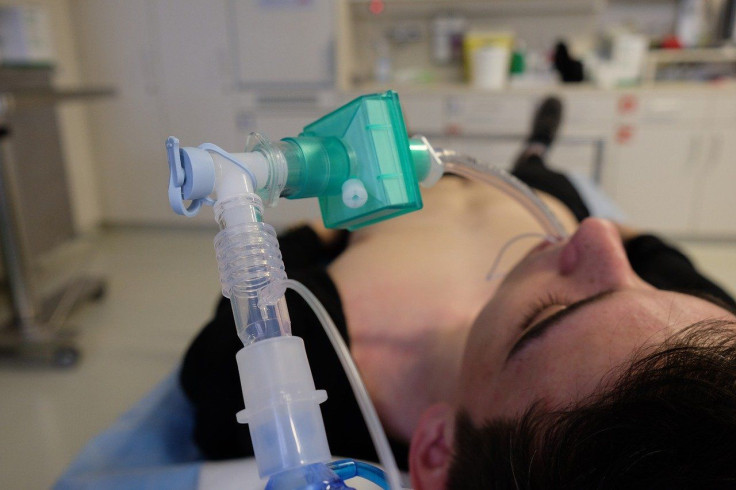Studies Suggest Those With Type A Or AB Blood More Susceptible To COVID-19, Require More Ventilators
KEY POINTS
- Two studies indicate that people with type A or AB blood could be more likely to contract COVID-19 and have more severe symptoms, requiring more ventilators and longer stays in intensive care
- They align with the findings of a third study in June that looked at genetic data to suggest that those with type A blood were more vulnerable
- Scientists caution against interpreting the data this early, as the mechanism behind the disparities is not yet known
A series of studies suggest that people with type A or AB blood may be more vulnerable to COVID-19, with slightly higher infection rates and a 20% greater chance of requiring a ventilator.
Researchers caution against drawing conclusions at this stage in the investigation, as scientists have not yet identified the mechanism behind the disparities, CNN reports.
Two studies in the Blood Advances journal show that people with type A blood represented 6% more of the COVID-19 patient population than their type O counterparts. Blood type A and AB patients were overrepresented by 20% among those that required ventilators, and on average they required four more days in intensive care units.

The study on COVID-19 susceptibility was performed on 7,422 Danish participants. The numbers on ventilator use and hospital stays came from an examination of 95 critically ill patients in Canada. They align with the findings of a third study published in June in the New England Journal of Medicine that looked at genetic data to determine that those with type A blood were at a higher COVID-19 risk and those with type O.
Dr. Amesh Adalja, a senior scholar at Johns Hopkins University, told CNN that the two new studies give “more converging evidence that blood type may play a role in a person's susceptibility to Covid infection and their chance of having a severe bout of Covid-19. … [It is] suggestive that this is a real phenomenon that we're seeing.”
Still, researchers advised caution when interpreting the results, as the actual root mechanism behind the vulnerability is not yet understood.
Dr. Mypinder Sekhon, author of the Canadian study and an intensive care physician at Vancouver General Hospital, said, “As a clinician, it is at the back of my mind when I look at patients and stratify them. But in terms of a definitive marker we need repeated findings across many jurisdictions that show the same thing.”
“I don't think this supersedes other risk factors of severity like age and co-morbidities and so forth," he added, “If one is blood group A, you don't need to start panicking. And if you're blood group O, you're not free to go to the pubs and bars."
© Copyright IBTimes 2024. All rights reserved.





















